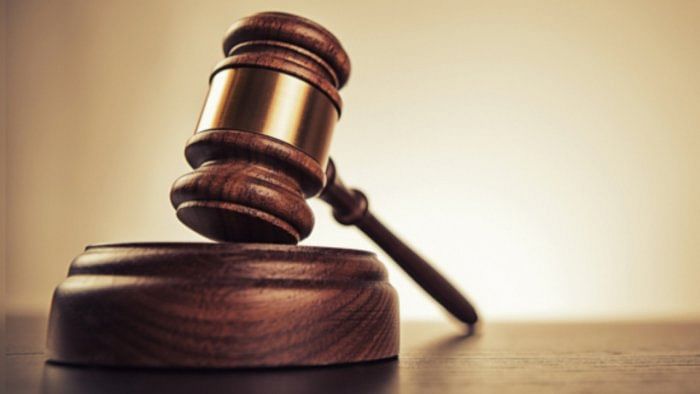
Representative image of a gavel.
Credit: iStock Photo
Chandigarh: The Punjab and Haryana High Court has asked a woman, who has filed a habeas corpus petition for her same-sex partner, to demonstrate that she is her 'next best friend', and posted the matter for further hearing on Monday.
The petitioner alleged that her 19-year-old partner had been held captive by her parents and sought the court's intervention.
Hearing the petition on Friday, Justice Pankaj Jain asked how the petitioner has assumed the role of next best friend of the alleged detenue who belongs to Unnao district in Uttar Pradesh.
The counsel for the petitioner referred to the transcription of a telephonic conversation between her mother and partner.
"On being asked that apart from the said conversation what material petitioner has to demonstrate that the petitioner is a person who can act as next best friend of detenue, counsel for the petitioner prays for time," according to the order.
"The query has assumed significance in view of the fact that there are two Aadhaar cards on record. One shows the date of birth of detenue to be June 15, 2007, whereas the petitioner claims that detenue is born on June 14, 2004," the judge said.
The same has also been noticed in the order passed by another bench on January 4.
Justice Jain then fixed January 15 as the next date of hearing. This matter was earlier heard by Justice Sandeep Moudgil.
During the previous hearing, Justice Moudgil directed the Union Ministry of Electronics and IT and the regional office of Unique Identification Authority of India in Chandigarh to provide details of the Aadhaar cards issued in the name of the detenue.
The Aadhaar cards -- one produced by the petitioner and another by the detenue's parents -- record different dates of birth of the detenue.